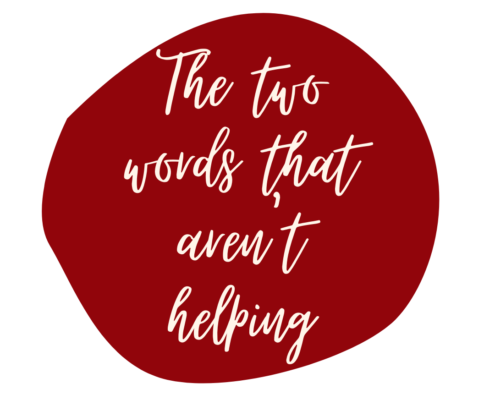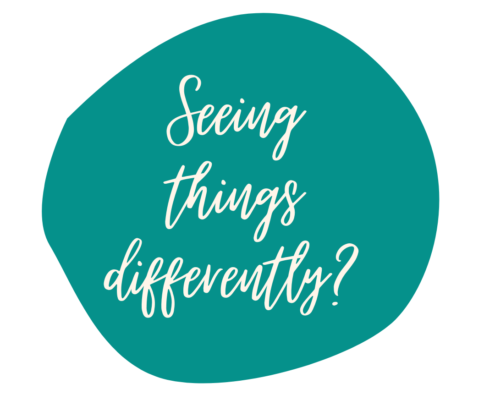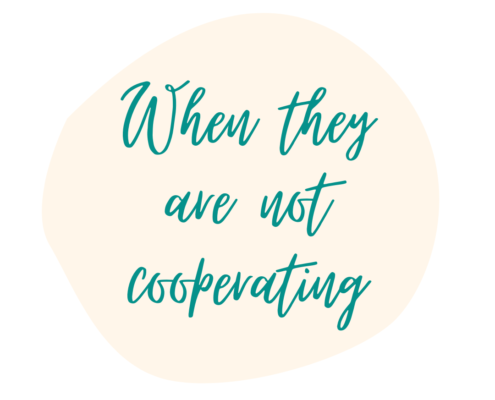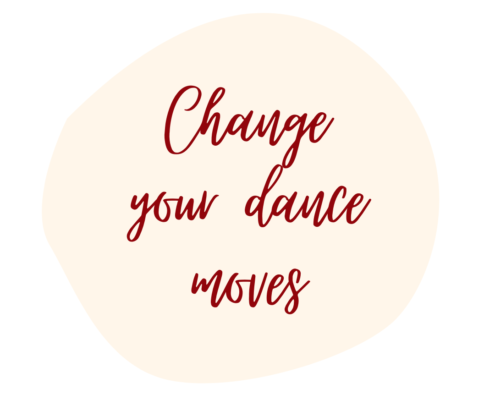Why Seeing Things Differently Doesn’t Mean One Person Is Wrong
Isn’t it lovely when we feel totally aligned with another person? We see things the same, we’re on the same page, singing from the same hymn sheet.
Conversely, it can be deeply frustrating when the other person is in apparent disagreement with us. Seeing the situation differently, arguing a different point of view, maintaining they’re correct (which means, surely, that we’re wrong?).
In the third trimester of my most recent pregnancy, my wife and I developed a new morning routine. Our son’s kicks were getting more powerful and he loved to play in the early hours so when the alarm went, I snuggled in behind Sam and pressed my bump onto her back so that she could feel him too.
One morning, as soon as I was awake, I whispered excitedly to her, “He’s kicking!” In equally excited response, she started to move.
“Onto my back?” she checked.
“No, your side,” I said.
For a few seconds, it seemed we were in conflict. In my just-awake state, I felt confused, momentarily disoriented. I didn’t want her to lie on her back, I wanted her to turn onto her side so I could snuggle in behind – our usual position.
And then of course it became laughably clear: we had a different reference point. She was checking whether she should get into position to feel him kick her back (as opposed to our other favourite option: putting her hand on my tummy), and I was visualising the position she needed to get into: lying on her side.
We were saying what seemed like completely different things, yet neither of us was in any way wrong. We just had a different context for what we were responding to.
This happens so frequently in relationships – personal and professional. We speak from our own point of reference, our own context, and what comes out appears to be in conflict, but actually often isn’t.
I’m reminded of the number 6. Or perhaps I should the number 9.

If I laid this number on the floor and I stood at one end and you stood at the other, you would see a different number from me – but we’d both be entirely correct.
Seeing things differently doesn’t mean the other person is wrong. When viewpoints apparently conflict, check for context. Ask yourself where the other person is coming from – what’s their frame of reference?









